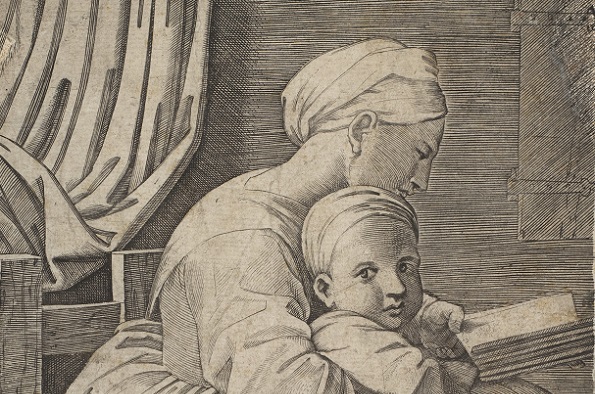
LCMRS evening seminar — ‘The Obiect of the Eare, doe affect the Spirits’: Meditation, Memory, and Reading with your Ears (Dr Rachel Willie)
Add this event to my calendar
Click on "Create a calendar file" and your browser will download a .ics file for this event.
Microsoft Outlook: Download the file, double-click it to open it in Outlook, then click on "Save & Close" to save it to your calendar. If that doesn't work go into Outlook, click on the File tab, then on Open & Export, then Open Calendar. Select your .ics file then click on "Save & Close".
Google Calendar: download the file, then go into your calendar. On the left where it says "Other calendars" click on the arrow icon and then click on Import calendar. Click on Browse and select the .ics file, then click on Import.
Apple Calendar: The file may open automatically with an option to save it to your calendar. If not, download the file, then you can either drag it to Calendar or import the file by going to File >Import > Import and choosing the .ics file.
----
In The Doctrine of the Sabbath (1595), Nicholas Bownde extols the virtues of psalm-singing and other godly activities. Such engagement with the soundcape is juxtaposed with the singing of ballads. Bownde laments that some individuals will not sing psalms, but will store up ballads and eagerly await the possibility of learning them. These iniquities are further compounded because, often, neither the owner of the ballad nor anyone in their household can read.
Whether or not these observations are made from empirical observations or are made for rhetorical effect, they shed light upon the ways in which early modern readers engaged with the material text and the extent to which being unable to read served as a barrier to the printed word. Tunes become a means to commit text to memory and to allow future utterances by both readers and non-readers. It demonstrates one of the ways in which people who could not decipher words could use their ears to read. While memory enabled people to have access to reading, meditation allowed them to reflect, digest and absorb the text. For Bownde, reading scripture without understanding was fruitless; hearing, reading, and conferring upon scripture increased knowledge while psalm-singing and prayer stirred the affections. This paper seeks to address the relationship between reading, memory and books to show how reading aloud was perceived to be an enabler of cognition.
